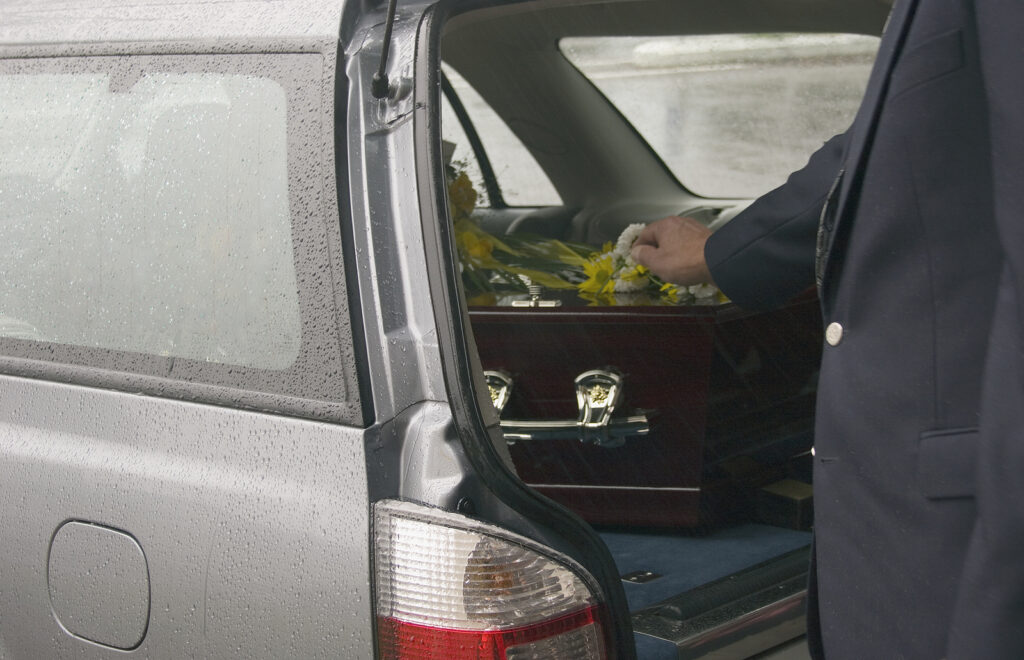If you are injured in a car accident on Long Island or in New York City, you may be entitled to recover monetary compensation to pay for your medical costs, lost wages, and related losses and damages. As soon as possible, you’ll need to speak with a Long Island car accident attorney.
If you were not injured but your vehicle was damaged, a Long Island car accident lawyer probably won’t be needed. In most cases, negotiating your own property damage claim is genuinely more convenient
If you weren’t injured in a car accident, what steps should you take to recover compensation for vehicle repairs and damages? What does the term “property damage” include? What if the insurance company rejects your damage claim or refuses to negotiate with you in good faith?
If you’ll continue reading this brief introduction to minor car accidents in New York, those questions will be answered, and – whether or not you were injured – you’ll learn more about your rights after a car accident in this state.
What Should You Do After a Car Accident?
When you’re involved in a car accident, injuries are the first concern. Summon medical assistance immediately for yourself or for anyone who’s been injured in the accident. Whether or not there are injuries, call the local police to conduct an accident investigation.
Exchange contact and insurance information with the other driver or drivers. Get as much information as possible: the other driver’s name, address, phone number, driver’s license number, and contact information for that driver’s auto insurance company.
If it’s possible, also get the other driver’s auto insurance policy number, and be sure to write down the license plate number, make, model, and color of the other driver’s vehicle.
Take pictures of the accident scene and the damages to the vehicles or other property. If there were eyewitnesses, ask for their names and contact information. Even if you don’t feel injured, undergo a medical exam at once. You may have suffered a latent or difficult-to-detect injury.
How Are Property Damage Claims Handled?
If the amount of the property damage exceeds $1,000, or if anyone suffered any injury, the law requires you to submit an accident report to the Department of Motor Vehicles. The report form (Form MV-104) should be provided by your auto insurance company.
After a car accident in New York, the at-fault driver is liable for all property damage. You should file a property damage claim with the at-fault driver’s insurance company, and if that driver complied with the law and carried enough coverage, you should be reimbursed promptly.
New York drivers must have at least $10,000 of property damage coverage. If you were at-fault, your own insurance should cover your repairs. If you weren’t at-fault, but the other driver’s insurance doesn’t fully cover your repairs, your own collision coverage should bridge the gap.
Property damage claims cover not only vehicle repairs but also any other damaged property. If items in your vehicle are destroyed by a negligent driver – tools, golf clubs, or anything of value – you have the right to be compensated for that loss and to include it with your damage claim.
How Does a Property Damage Claim Negotiation Work?
Whether you seek compensation for property damages from your own auto insurance company or the at-fault driver’s, you’ll have to file a claim. You have the right to a quick and reasonable settlement for the amount of the damages or the actual value of the vehicle, whichever is lower.
When you speak with anyone representing a car insurance company, be friendly, polite, and most importantly, firm. Most insurance agents, managers, and adjusters on Long Island work diligently and do their best to deliver professional insurance services.
You’ll negotiate with a claims adjuster who investigates collisions, assesses coverage, and makes settlement offers for the insurance company. Property damage claims usually require two or three telephone conversations and at least one face-to-face meeting with the claims adjuster.
What’s the Best Strategy for Negotiating a Property Damage Claim?
Do not be intimidated or stressed. Determine how much you need for repairs and other damages. Estimates, receipts for other repairs, and pictures can help. The adjuster’s first offer may be a “lowball” offer. Do not accept it or settle for less than you need to cover your losses.
Stick with the facts and the truth. Don’t exaggerate or embellish anything about the accident or the damages. Any misrepresentation of the facts could cause the insurance company to reject your claim, and you could even be accused of insurance fraud.
Write down notes when you speak to the claims adjuster or anyone else with the insurance company. Note the date, time, the name of the person you spoke with, that person’s job title and phone extension, and a brief outline of the conversation.
What Is Your Recourse If an Insurance Company Won’t Cooperate?
Don’t let an auto insurance company take advantage of you or operate in what the law calls “bad faith.” If an insurance company will not take its legal obligations seriously, you may have grounds for legal action – an insurance bad faith claim.
A bad faith claim must be based on an insurance company’s specific actions or failures to act. The reasons why an auto insurance company may be sued for bad faith include but are not limited to a company’s failure to:
- investigate a property damage claim or to investigate it seriously
- negotiate or to make a serious, reasonable settlement offer
- explain the rejection of a property damage claim
- either pay or deny a property damage claim within a reasonable time-frame
What If You’ve Been Injured in an Accident?
A vehicle can be replaced. Your health and your future are far more important. If you are injured in a car accident on Long Island, you must be advised and represented – as quickly as possible – by a Long Island car accident attorney.
Do not try to negotiate your own personal injury claim. Any mistake could have serious negative ramifications. Refer all inquiries from the insurance company to your attorney. A Long Island car accident lawyer can probably negotiate a fair, reasonable injury settlement on your behalf.
Whether your attorney negotiates a settlement or your personal injury case goes to trial, you’ll pay a Long Island personal injury lawyer no lawyer’s fee until and unless you are compensated for your injuries.
If you’ve been injured by a negligent driver in a Long Island car accident, learn more by scheduling a consultation with a Long Island personal injury attorney. Your first consultation with a personal injury attorney is provided without cost or obligation.












